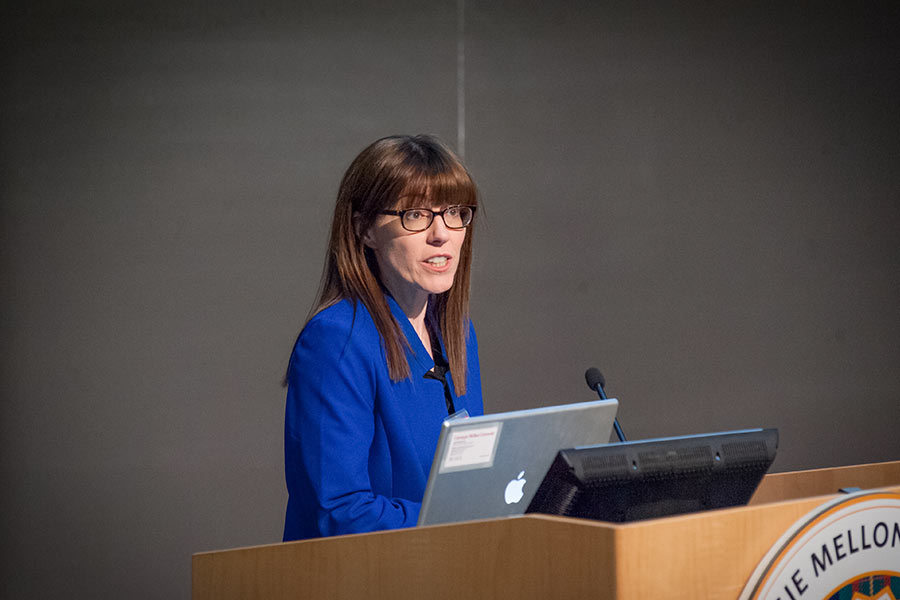
Carnegie Mellon, Duke Lower Barriers to Conducting Educational Research
Templates available online for free via Empirical Educator Project
Carnegie Mellon University and Duke University have shared newly available free tools that will significantly lower the barriers to conducting ethical educational research. The two universities contributed the tools through e-Literate's Empirical Educator Project, an effort to promote broader adoption of evidence-based teaching practices and foster a culture of empirical education across higher education.
As with all academic research involving human subjects, educational researchers must have their experimental designs approved by their university's Institutional Review Board. If researchers want to study students or their work, they must explain how they will get the students' informed consent to participate.
"Data collected in the classroom and in online learning environments has the power to reveal a rich view of the learning process and drive a transformation in how higher education works," said Marsha Lovett, Carnegie Mellon's associate vice provost for educational innovation and learning analytics and Simon Initiative co-coordinator. Lovett, also a professor of psychology, led efforts to make the university's IRB protocol text widely available to educational researchers.
Read more
Pictured above: Marsha Lovett, CMU's associate vice provost for educational innovation and learning analytics, Simon Initiative co-coordinator and professor of psychology, led efforts to make the university's IRB protocol text widely available to educational researchers.